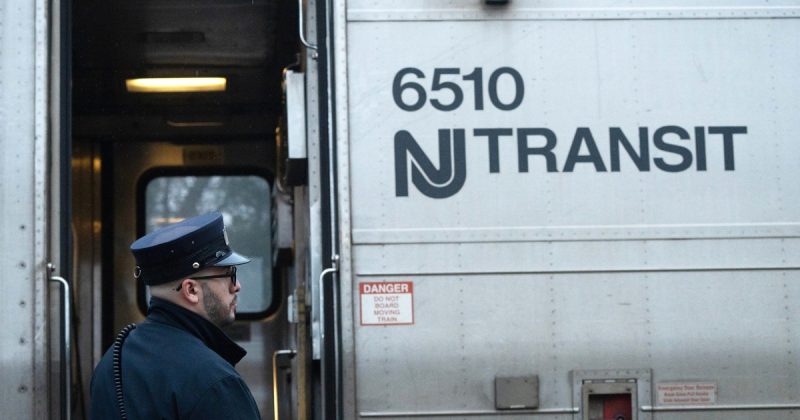
A major strike by New Jersey Transit’s railroad engineers has brought the state’s transportation system to a standstill, impacting an estimated 350,000 daily commuters. The Brotherhood of Locomotive Engineers and Trainmen (BLET) initiated the strike at 12:01 a.m. Friday, citing a long-standing dispute over wages. Union members claim they are the lowest-paid locomotive engineers among major passenger railroads in the country, having gone without a raise for six years and negotiating a new contract since October 2019.
New Jersey Governor Phil Murphy and NJ Transit CEO Kris Kolluri expressed their desire for a fair deal for the union but stressed the impossibility of a preferential agreement that could trigger similar demands from other transit unions, potentially costing hundreds of millions of dollars. The governor urged commuters to work from home if possible, while NJ Transit promised additional bus service and expanded park-and-ride options.
The union highlighted the stark contrast between the transit agency’s financial resources—millions spent on a new headquarters in Newark and a fare holiday last year—and the low pay of its front-line workers. BLET National President Mark Wallace stated, “They have money for penthouse views and pet projects, just not for their front-line workers. Enough is enough. We will stay out until our members receive the fair pay that they deserve.” The strike has already impacted events at MetLife Stadium, where concerts were scheduled for Thursday and Friday, and commuters faced significant disruptions.
Amtrak and PATH trains, along with buses, continue to operate, offering some alternative transportation options. This marks the first NJ Transit strike in over 40 years, with the last occurring in 1983. Negotiations are reportedly open, with both sides expressing a willingness to continue talks. The impact on the daily lives of hundreds of thousands of commuters remains significant, highlighting the crucial role of fair compensation in maintaining essential public services.










